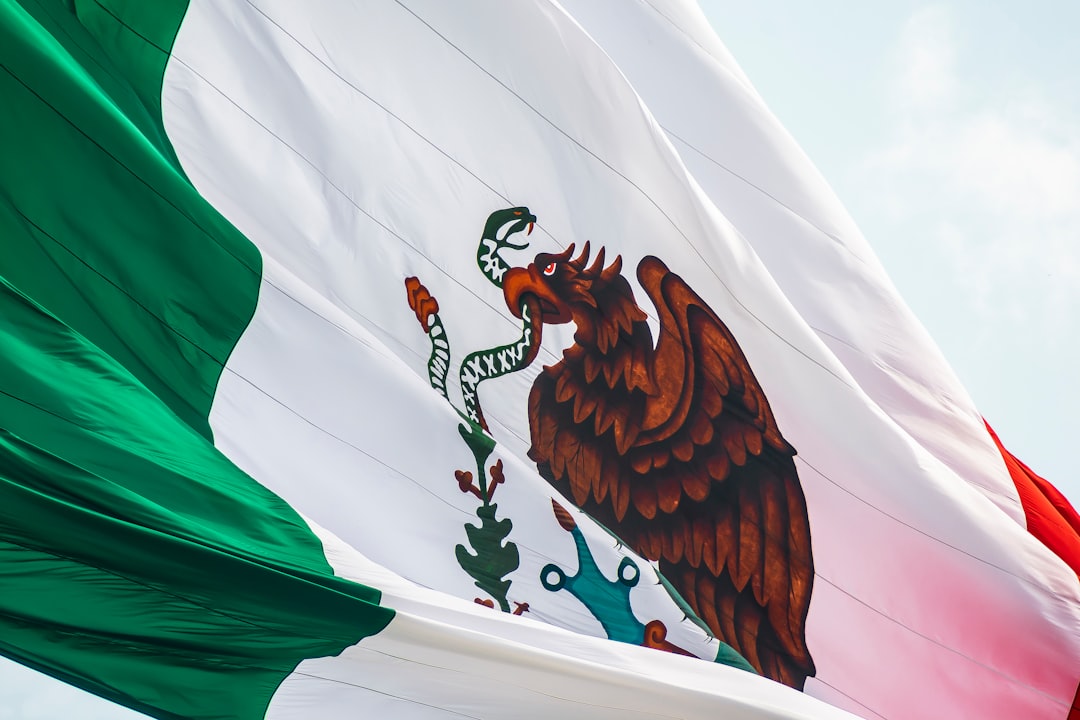Last Update: June 6, 2023
Assessed Risk Level: Moderate
Government and Political Context
Corruption remains endemic in Mexico despite continual promises of eradication from politicians. Limited rule of law prevails in many states due to narco-related and other criminal activities. However, the Mexican system of governance remains among the most stable in Latin America, despite these high levels of corruption and areas of insecurity. Sanctions are not a significant concern.
Security Overview
Conflict in Mexico varies greatly by region, particularly in relation to narco-trafficking. City crime varies from opportunistic in cities like Cancun to violent in cities like Culiacan, generally correlating to the presence and strength of cartels. Terror-like tactics used by cartels are known, but they are not classified as terrorist organizations. Despite porous border concerns, Islamist group infiltrations into the US have not materialized. Mexico has a strong protest culture, particularly over political and economic issues.
General Operational Assessment
International carriers provide safe travel to and from Mexico. However, the country remains an attractive target for cyber criminals with weak-to-moderate defense against such attacks, despite some defense aid from the US. Mexico boasts a comprehensive road network in generally good condition by Latin American standards. Urban and most rural areas have highly reliable basic services such as water, electricity, and fuel.
Environmental Hazards
Due to geographic diversity, Mexico’s climate varies significantly. Extractive activities pose some environmental risks. Air pollution is a chronic issue in Mexico City. Earthquakes occur frequently, some severe. Both the Gulf/Caribbean and Pacific Coasts are prone to tropical systems, with heavy rainfall possible even without a formal organized system. Hurricane season typically lasts from June through November, peaking in September.
Health and Medical Considerations
Mosquito-borne diseases are the primary non-routine epidemiological concern. High-quality medical facilities are available in most major cities, such as Mexico City, Guadalajara, and Cancun. While less populated areas may have lesser facilities, the availability of medicines is generally adequate. Tap water is not considered safe for drinking unless otherwise indicated.
Mexico is a major anchor economy in Latin America with an economy intertwined with the US. Its economy relies on manufacturing, tourism, and agriculture, while narco-trafficking dominates the informal economy. This has resulted in strong cartels dividing the country's territory, leading to areas of intense conflict. These risks are countered by areas of low conflict, illustrating Mexico's heterogeneous risk matrix. Despite crime and natural disasters, basic services are highly reliable.
RileySENTINEL country risk reports, developed and provided by Riley Risk resources in strategically positioned locations, provide comprehensive updates and in-depth analysis of high-risk environments and events. This enables our clients to access timely and pertinent on-the-ground information, bolstering their decision-making capabilities in volatile operational contexts.
Our reporting services are meticulously crafted to empower clients with the proactive knowledge they need to stay informed and navigate challenging operational environments effectively.
Reach out to us today using the engagement meeting link here to learn more about how our risk advisory services can bolster your business operations and help you accomplish more!
